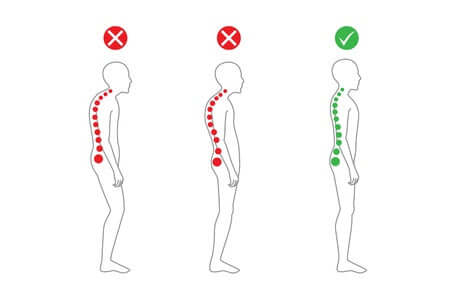
Gynecomastia, commonly referred to as man-boobs, is the enlargement of breast tissue in males due to a hormonal imbalance between estrogen and testosterone. It can affect one or both breasts and most commonly develops during puberty, though it can also occur in adulthood.
While gynecomastia is not typically a serious medical condition, it can cause physical discomfort, including tenderness, painful lumps behind the nipple, and swelling. However, the most significant impact often lies in the emotional toll it takes, leading to feelings of shame, embarrassment, and a lack of self-confidence.
Why Does Gynecomastia Occur?
Gynecomastia develops when there is a disruption in the hormonal balance, with estrogen levels being relatively higher than testosterone. While this condition commonly appears during puberty, there are several other contributing factors:
- Excess weight: Higher body fat levels contribute to increased estrogen production, which can lead to breast tissue growth.
- Aging: As men get older, testosterone levels naturally decline, making hormonal imbalances more likely.
- Certain medical conditions: Liver disease, kidney disease, and thyroid disorders can all disrupt hormone production and lead to gynecomastia.
- Medications and drug use: Certain prescription drugs, anabolic steroids, marijuana, and even some over-the-counter medications can contribute to gynecomastia.
For a more detailed explanation of the causes, check out our guide on what gynecomastia is.
The Psychological and Emotional Effects of Gynecomastia
Gynecomastia is more than just a physical condition; it has a profound impact on self-esteem and mental health. Many men experience social anxiety, avoiding situations where their chest might be visible, such as swimming or wearing fitted clothing.
Research conducted by Williams & Wilkins (2013) found that adolescents with gynecomastia scored lower on standard quality-of-life assessments, particularly in areas related to self-esteem, social interactions, and mental well-being.
In some cases, individuals may develop body image issues or even eating disorders as they try to control their weight in hopes of reducing gynecomastia.
Postural Issues Linked to Gynecomastia
Men with gynecomastia often try to hide their condition by slouching or rolling their shoulders forward, leading to long-term postural problems. This habit can result in chronic back and neck pain, spinal misalignment, and even breathing difficulties.
Proper posture plays a key role in confidence and physical health. If you find yourself hunching to conceal your chest, it may be helpful to explore solutions such as posture correctors or firm shapewear and targeted exercises to improve posture.
How to Manage Gynecomastia
1. Diet and Exercise
While gynecomastia caused by hormonal imbalances may not completely resolve with weight loss, excess fat in the chest can be reduced through a combination of a healthy diet and exercise. Strength training and cardiovascular workouts help build muscle while burning fat.
For detailed guidance on effective workouts, visit our guide on exercise benefits for gynecomastia.
2. Compression Vests
For immediate results, wearing a gynecomastia compression vest can help flatten the chest and improve posture. These vests are discreet, lightweight, and comfortable enough for all-day wear, providing wearers with a more confident appearance.
3. Medical Treatment and Surgery
For severe cases, gynecomastia surgery may be an option. The procedure involves the removal of excess breast tissue, often combined with liposuction. However, surgery is typically a last resort due to the cost and potential risks involved.
To learn more about whether surgical intervention is right for you, visit our article on considering gynecomastia surgery.
Coping Strategies and Support for Gynecomastia
Dealing with gynecomastia can be challenging, but there are several ways to cope:
- Talking to a doctor to identify the underlying cause and explore treatment options.
- Wearing compression vests for confidence in social situations.
- Engaging in support groups or online forums where others share their experiences.
- Focusing on fitness and diet to improve overall body composition.
Finding the right support system can make a huge difference. If you’re looking for ways to hide gynecomastia discreetly, read our tips for hiding man boobs.
Conclusion
Gynecomastia can have a significant impact on physical and emotional well-being, but there are many ways to manage and reduce its effects. Whether through lifestyle changes, compression garments, or medical treatment, every individual can find a solution that works best for them.
